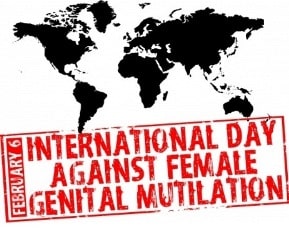Female Genital Mutilation (FGM) is a grave violation of human rights that continues to affect millions of girls and women worldwide. Recognizing the urgency of addressing this harmful practice, international legal frameworks have been established to protect the rights of individuals, particularly women and girls, and to eradicate FGM.

At the forefront of the fight against FGM are international conventions and treaties that explicitly condemn the practice. For example, the United Nations General Assembly passed a resolution in 2012 urging member states to take concerted action to eliminate FGM. Additionally, the Convention on the Elimination of All Forms of Discrimination Against Women (CEDAW) obligates states to take measures to eliminate gender-based violence, including FGM, and ensure gender equality and women’s rights.

Many countries have also enacted national legislation to criminalize FGM and provide legal protection to girls and women at risk. These laws typically impose penalties on individuals who perform or facilitate FGM, as well as provide support services for victims and survivors. Moreover, some countries have adopted comprehensive legal frameworks that address FGM from multiple angles, including prevention, prosecution, and support for affected communities.

Furthermore, legal frameworks against FGM encompass efforts to raise awareness, promote education, and empower communities to abandon the practice. These initiatives often involve collaboration between governments, civil society organizations, and grassroots activists to implement culturally sensitive interventions that challenge harmful beliefs and traditions. By promoting human rights education and advocating for gender equality, these initiatives aim to address the root causes of FGM and foster long-term social change.

Despite progress in legal frameworks against FGM, challenges remain in implementation, enforcement, and monitoring. Many countries lack adequate resources, infrastructure, and political will to effectively enforce existing laws and protect girls and women from FGM. Additionally, cultural and social norms that perpetuate the practice may hinder efforts to eradicate FGM, requiring sustained advocacy and community engagement.
In conclusion, legal frameworks play a crucial role in combating FGM and upholding the human rights of girls and women. By criminalizing FGM, raising awareness, and promoting gender equality, these frameworks contribute to the global effort to eradicate this harmful practice and ensure the dignity, health, and well-being of all individuals, regardless of gender. However, concerted action is needed at the international, national, and community levels to fully realize the promise of human rights and eliminate FGM once and for all.




